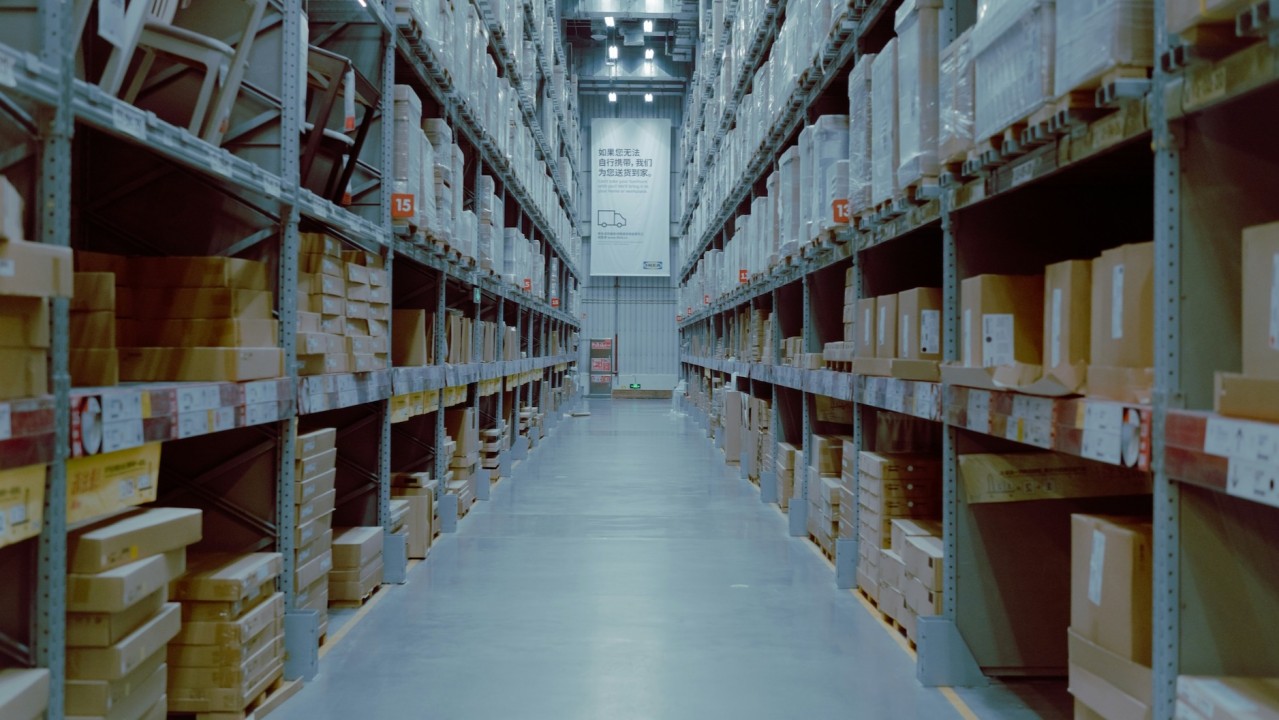Jeremy Bowman’s article, 3 Reasons Amazon Won the Holidays, states that “Amazon has built its e-commerce operation to be almost perfectly designed to thrive during the holiday season”, citing speed and logistics as reasons 1 and 2. However, the most impressive, and almost threatening reason, was reason 3: Amazon is writing the industry rules. In simplest terms, the largest e-commerce player is making the rules to its own game. So what does this mean for the other players?
Amazon’s play is to win the digital customers and revenue directly from the hands of retailers, and those retailers feel the pressure. How not? This holiday season online sales surged 18.8%, while in instore sales fell 7.7%.
So if Amazon is writing the industry standard and winning the game with same-day/next-day delivery, then every other company that ships goods or services to their customers will have no choice, but to get into their game. The path to success, the “home advantage” will reside with retailers that place priority on consumer experience through the last customer touchpoint – convenient, cost-effective and fast delivery.[/vc_column_text][vc_column_text]The challenge is that today, no single player can take on Amazon’s logistics powerhouse. Amazon has the “home advantage”. But if you look at the playing field, you would see that retailers have an opportunity to create a team of market players – retailers, logistics companies, flexible warehousing, technology vendors, etc. This collation of market players will be able to use their combined power and scale to create a viable alternative to Amazon; enriching the game for both retailers and consumers.
Imagine a world in which retailers connect to an open integrated logistics platform, push their inventory as close as possible to their customers, use a variety of fleets to deliver and create exceptional customer experiences at scale. And think, when every retailer can access and utilize a combined logistics powerhouse approach, same and next day delivery becomes a commodity. This commodity would be the differentiator available to every retailer from SMB to large enterprise, changing Amazon’s home advantage.
In the same way that Android took on iOS’ walled garden to lead the smartphone market, a coalition enables an open market alternative to Amazon’s closed environment, in essence, democratizing the logistics market.
Read Breaking the 24-Hour Delivery Barrier to learn why Amazon succeeded where others have failed and how you can gain an advantage with the right processes, technology, and partners.



